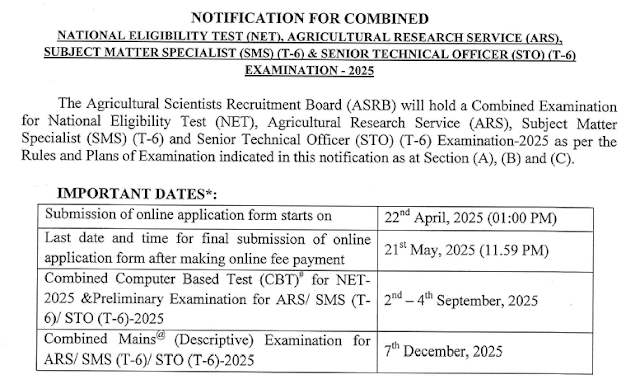How Air Pollution is Accelerating Skin Aging – And What You Can Do About It .
Have you ever noticed how your skin feels dull, dry, or irritated after a long day in a polluted city? You’re not imagining things—scientific research has confirmed that air pollution is a significant factor in premature skin aging. The pollutants in the air don’t just affect your lungs; they also harm your skin by accelerating the formation of wrinkles, pigmentation, and inflammation.
In this blog, we’ll explore how air pollution contributes to skin aging, the science behind it, and effective ways to protect your skin.
How Does Air Pollution Damage Your Skin? Air pollution consists of harmful particles like particulate matter (PM), nitrogen dioxide (NO₂), volatile organic compounds (VOCs), and polycyclic aromatic hydrocarbons (PAHs)—all of which contribute to skin deterioration. Here’s how:
Oxidative Stress and Free Radical Damage Air pollutants generate reactive oxygen species (ROS), which cause oxidative stress in skin cells. This leads to inflammation, collagen breakdown, and reduced skin elasticity, resulting in wrinkles and sagging (Schikowski et al., 2010).
Hyperpigmentation and Uneven Skin Tone A study published in Frontiers in Environmental Science found that air pollution, particularly traffic-related pollutants, increases melanin production, leading to dark spots and pigmentation (Vierkötter et al., 2014).
Disruption of the Skin Barrier Pollutants damage the skin’s natural barrier, reducing its ability to retain moisture. This leads to dehydration, increased sensitivity, and chronic irritation (MDPI Cells, 2022).
Inflammation and Acne Breakouts Exposure to pollutants like polycyclic aromatic hydrocarbons (PAHs) can clog pores, increasing the risk of acne, redness, and eczema (Journal of Investigative Dermatology, 2010).
Scientific Evidence Supporting This
A study published in Springer Environmental Health (2020) highlighted the link between air pollution and visible signs of aging such as wrinkles and fine lines.
Another research paper in Frontiers in Pharmacology (2019) found that pollutants contribute to the breakdown of collagen, leading to premature skin aging.
How to Protect Your Skin from Air Pollution
Use Antioxidants: Applying skincare products with Vitamin C, Vitamin E, and Niacinamide helps neutralize free radicals and protect skin from oxidative stress.
Cleanse Properly: Wash your face daily with a gentle cleanser to remove pollutants and dirt trapped in the skin.
Apply Sunscreen: UV radiation combined with pollution accelerates skin aging. A broad-spectrum SPF 30+ sunscreen is essential.
Moisturize and Repair: Use hyaluronic acid and ceramides to strengthen the skin barrier and prevent dehydration.
Air Purifiers & Protective Masks: Reduce exposure to indoor pollution and wear a mask in heavily polluted areas.
Final Thoughts While air pollution is an unavoidable reality for many, you can take proactive steps to protect your skin and slow down premature aging. By incorporating antioxidant-rich skincare, cleansing thoroughly, and using SPF daily, you can minimize the effects of pollution on your skin.
Understanding the science behind pollution and skin aging empowers you to make informed skincare choices and maintain a healthy, youthful complexion!
References
Schikowski, T., et al. (2010). Airborne Particle Exposure and Extrinsic Skin Aging. Journal of Investigative Dermatology. Retrieved from jidonline.org
Vierkötter, A., et al. (2014). Air Pollution and the Skin. Frontiers in Environmental Science. Retrieved from frontiersin.org
MDPI Cells. (2022). Effects of Air Pollution on Cellular Senescence and Skin Aging. Retrieved from mdpi.com
Springer Environmental Health. (2020). Air Pollution and Skin Aging. Retrieved from link.springer.com
Frontiers in Pharmacology. (2019). Environmental Stressors on Skin Aging: Mechanistic Insights. Retrieved from frontiersin.org
By taking care of your skin today, you can ensure a healthier and more youthful look for years to come. Share your thoughts—have you noticed changes in your skin due to pollution? Let us know in the comments!



Comments